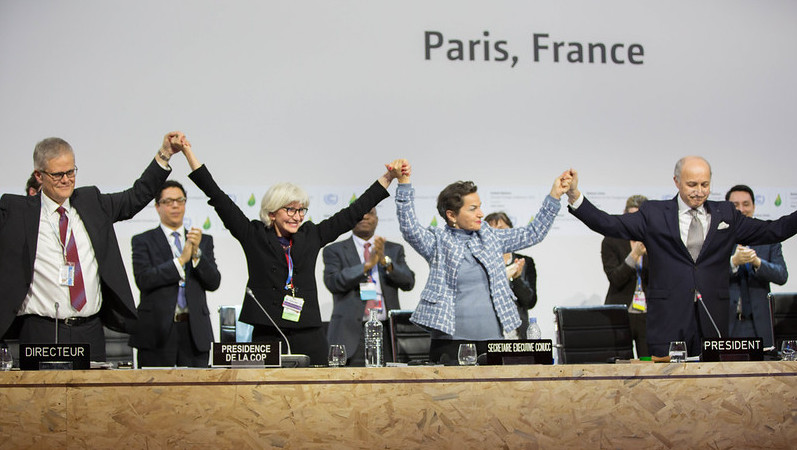The Politics of Global Warming: Addressing Climate Change on the Global Stage
Introduction:
Global warming is not just an environmental issue; it's also a deeply political one. As the impacts of climate change become increasingly evident, governments, policymakers, and international organizations are grappling with the challenge of addressing this existential threat. In this blog post, we'll explore the intricate politics of global warming, examining the dynamics of climate change governance, the role of international agreements, and the challenges and opportunities for collective action on the global stage.
The Complexity of Climate Change Governance: Climate change governance involves a complex web of actors, interests, and institutions at multiple levels, from local governments to international bodies. At the national level, governments must navigate competing priorities, interests, and ideologies, balancing economic development with environmental sustainability. Meanwhile, international negotiations on climate change are characterized by diverse stakeholders, including developed and developing countries, NGOs, businesses, and indigenous communities, each advocating for their own interests and perspectives.
The Paris Agreement: A Landmark in Climate Diplomacy: The Paris Agreement, adopted in 2015, represents a landmark in climate diplomacy, signalling a collective commitment by nearly 200 countries to limit global warming to well below 2 degrees Celsius above pre-industrial levels. The agreement reflects a delicate balance of interests and compromises, with countries pledging to take nationally determined actions to reduce greenhouse gas emissions, adapt to the impacts of climate change, and mobilize financial resources for climate action.
 |
| paris agreement |
Challenges of Implementation and Compliance: While the Paris Agreement represents a significant achievement in global climate governance, challenges remain in its implementation and enforcement. Many countries struggle to meet their emission reduction targets due to domestic political constraints, economic considerations, and technological limitations. Additionally, the lack of binding enforcement mechanisms and the withdrawal of key countries, such as the United States under the Trump administration, undermine the agreement's effectiveness and credibility.
The Role of Non-State Actors: Non-state actors, including cities, businesses, civil society organizations, and subnational governments, play an increasingly important role in climate governance, driving innovation, mobilizing resources, and advocating for ambitious climate action. Initiatives such as the We Are Still In coalition in the United States and the Race to Zero campaign are examples of bottom-up efforts to complement and strengthen national and international climate policies.
Opportunities for Collective Action: Despite the challenges and complexities, there are opportunities for collective action on global warming. The COVID-19 pandemic has highlighted the interconnectedness of global challenges and the need for coordinated responses. The growing momentum behind climate activism, youth-led movements, and public awareness campaigns is putting pressure on governments and corporations to prioritize climate action and sustainability. International fora such as the upcoming COP26 conference in Glasgow provide opportunities for countries to enhance their climate ambitions and strengthen collaboration on key issues such as mitigation, adaptation, finance, and technology transfer.
Conclusion: The politics of global warming are complex, contentious, and ever-evolving. Addressing climate change requires political will, leadership, and cooperation at all levels of governance, from local to global. As we navigate the challenges and opportunities ahead, it's essential to recognize the interconnectedness of environmental, social, and economic issues and work towards inclusive, equitable, and sustainable solutions that benefit present and future generations.



Comments
Post a Comment